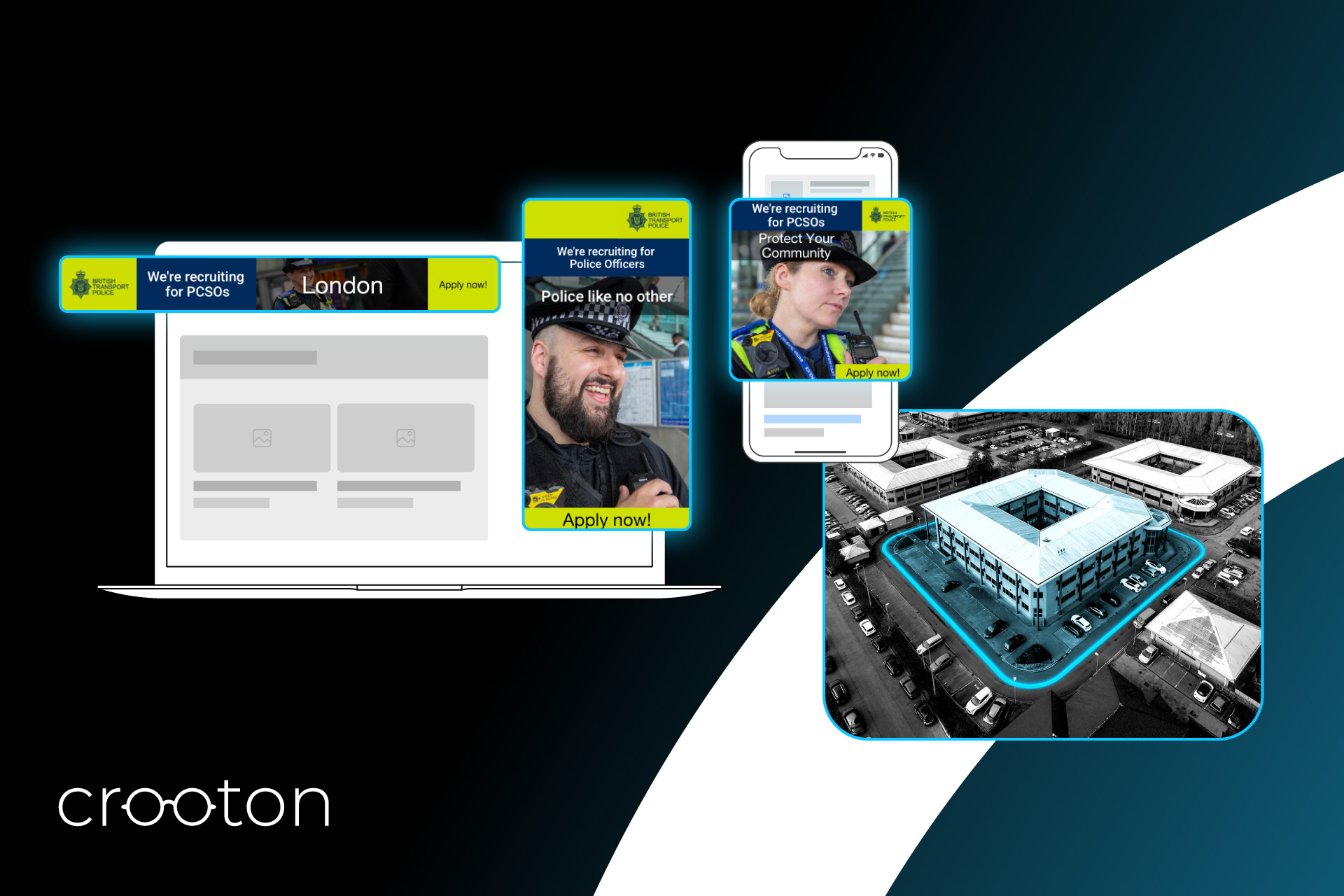How is head hunting different from recruitment? Plus, crooton's unique approach

Here on the crooton blog, we like to talk a lot about recruitment. We’re dedicated recruitment nerds!But — if you’ve ever had any dealings with an HR team — you’ve almost certainly heard the term “head hunting”, too.Both activities involve finding the right people to work for your organisation. So what’s the difference? And how does crooton approach each practice?Let’s find out.
What is head hunting?
Head hunting involves actively seeking out the best person for an open role.It means contacting people individually — even if they’re not currently looking to switch jobs — to gauge and nurture their interest in the new opportunity you have available.Head hunting is often used to fill senior-level positions or positions with a specialised skill set.And it may involve “stealing” talent from a competitor by offering a more competitive package or a new career opportunity.
What is recruiting?
Recruiting is a process that we’re all pretty familiar with.It involves advertising a job vacancy and requesting applications. Recruiters then process those applications to find and shortlist best-fit candidates. Recruiting is a common practice, used to fill many different roles, but it’s almost always used for junior-level jobs and those requiring a generalised skillset.
Head hunting vs. recruitment
So how does head hunting differ from recruitment?Before we dissect the differences, it’s worth pointing out that head hunting and recruitment actually have a few things in common.Firstly, a strong employer brand is beneficial when recruiting and head hunting. It makes it easier to show candidates what your business is all about — and why they might enjoy working for you.And some of the processes remain the same. Recruited and head hunted candidates will both have to adhere to your company's hiring process. For example, they’ll both have to attend an interview.And finally, tech tools can make both processes much quicker and easier. More on this last point later. But for now, let’s look at the key differences between head hunting and recruitment.
Proactive vs reactive
Recruitment is a reactive hiring practice. Recruiters advertise an open role — usually on online job boards — and then wait for applications to roll in.It’s up to candidates to take the initiative and apply for the job. Then recruiters set about shortlisting applicants and finding the people who best match the job description. Head hunting is a proactive hiring practice.A head hunter will seek out the right candidate for a position, whether they are already employed or looking for a new role.To do this, head hunters make use of their own network. They may also look to your competitors — identifying their best talent and making a play for them.When head hunting, you need to contact candidates, sell the role to them, and encourage them to engage with the hiring process.
Quality vs quantity
The focus of recruitment (at least initially) is on quantity.You want to get lots of eligible candidates to apply for an advertised role before whittling down the applications to a few standout options.With recruitment, the more applications you get, the better your chance of finding the right person for the job. In contrast, when head hunting, the focus is on quality.Head hunting is excellent if you want to find highly skilled and specialised employees.For that reason, head hunters focus on finding and contacting a few select candidates. That way, they can adopt a tailored and personal approach, which helps them seal the deal.And they don’t have to spend time trawling through applications from candidates who are very unlikely to be a good fit.
Senior hires vs junior hires
Recruitment is perfect for making junior hires.When you’re hiring for junior and general roles, you can pull from a big talent pool. There are lots of people with the right skills and abilities. It’s just a case of advertising your role, so they apply.You can then cherry-pick the best of the bunch, shortlisting candidates with a high level of experience or any additional skills that may be helpful to your organisation.Head hunting is more suited to senior and specialised hires.There are often fewer people qualified and experienced enough to fill high-level roles. That’s why it makes sense to go and seek them out rather than expecting them to come to you.Head hunting is the best hiring strategy when you’re looking for candidates you’re unlikely to come across every day.
The importance of a strong network
When recruiting or head hunting, a strong network serves you well.But it’s essential when you’re looking for specific skills and specialisms — those needle-in-a-haystack candidates that aren’t so easy to find.A strong network provides the basis for your search on a head hunting mission. You’ve already been keeping an eye on talented individuals — and know exactly where to look for other potentially interested candidates.
crooton's unique approach to filling your open roles
Here at crooton, our approach to filling open positions combines the best aspects of head hunting and recruitment.When it comes to recruitment, we help our clients by:
- Posting open roles on job boards
- Providing recruitment marketing support
- Shortlisting candidates
- Scheduling interviews
- And lots more…
But we have a few extra tricks up our sleeve when we want to head hunt for a business.Our unique employer fencing technology lets us target your job ads toward specific people.These could be people working in a particular location or even a particular building — making it possible for you to attract talented employees working for your competitors.Want to get the edge when recruiting or head hunting? crooton has the knowledge and the tech tools to secure the best talent for your organisation.









